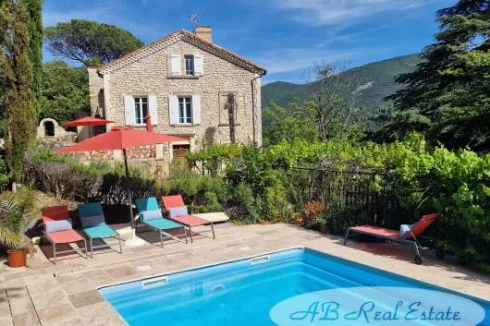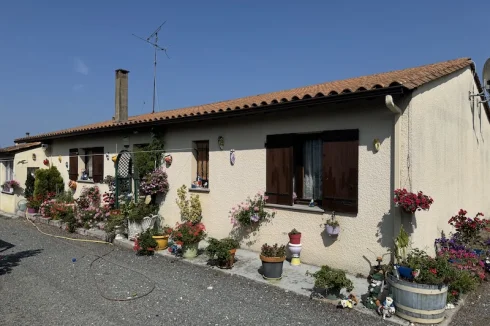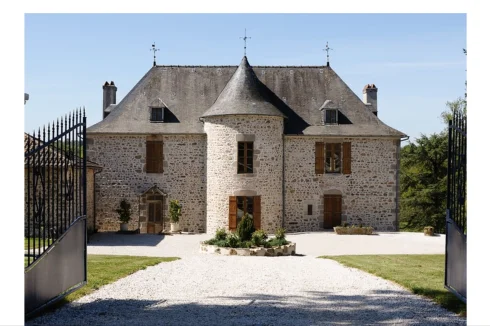Housing Market Revival or Trompe l'Oeil?
Tuesday 04 August 2015
With passage of the first half of the year a number of analysts have published their own assessment of the housing market in France.
As well as the usual periodic reviews from FNAIM, the national association of estate agents, and that of the Notaires de France, several major estate agent chains and a number of economic analsysts have also given their take on what is happening.
Despite some significant divergences, there are a number of points on which all seem to be agreed:
- There are signs of a revival in sales, but one which is patchy and hesitant;
- The revival is mainly being led by low mortgage interest rates;
- Prices remain broadly stable or falling and over the whole year will fall by around 2%;
- Local geographic variations and those between property types are becoming more pronounced.
Given the very heterogeneous nature of the market none of the commentators seem confident enough about their understanding of local conditions to undertake significant geographic analysis, so information on prices is thin and much of the reasoning therefore deductive.
FNAIM offer only a one page review of the first half year, with the scantest information on prices (an increase of 0.4% in a year), a position they justify by stating that, "la tendance générale recouvre des situations assez fortement contrastées."
As a result, they state that the increase is no more than a statistical average, driven by increases in strong performing urban areas (Toulouse, Paris, Montpellier, Bordeaux), but contrasting with some significant falls outside of the city centres.
The notaires have been bolder, offering a price analysis for both apartments and houses, but only over a year for the main towns and cities of the country. Their review also only covers the first quarter of 2015.
At a departmental level they report increasing signs of stability with "the number of departments registering a fall in prices over the past year rising from 48% to 74% for apartments and from 33% to 56% for houses."
However, they do not state the departments concerned and they also offer a similarly cautionary note on rural properties: "This optimistic note cannot be generalised to the whole of the market for older property, for in the majority of rural areas prices and sales continue to fall."
Century 21, by contrast, offer a movement in prices by department, which shows significant differences between some departments (a price increase over the past 12 months of 11% in Alsace and a fall of 11% in Aquitaine!), but it is questionable whether they have the coverage outside of the conurbations to be able to provide reliable figures for country properties.
The existential problem for all the pundits is that they can only report on what is being sold, and, in the main, what is being sold is smaller properties in a good condition located in urban areas.
Larger properties, those in many rural areas, and those in need of substantial works of renovation are, for the most part, being left in estate agents windows so their actual current market value remains unknown.
According to Insee, the French statistical office, the number of vacant properties in France has risen by 25% between 2008 and 2014, to reach 2.64 million, 8% of the total stock.
And despite all the concern that is frequently expressed in the French press about the fall in new housebuilding in recent years, France still manages to deliver around 300,000 new homes a year, twice as many as are built in the UK.
The lack of rural sales and the varied nature of the market is why there is so little information on prices. As a result, buyers and sellers need to treat with caution the headline figures that are published.
As national estate agents Laforêt comment, "In general, there is a strong contrast between smaller and medium sized properties, which are selling fluidly, and larger properties or those with faults, which stagnate in agents stock."As for the housing economists (Credit Agricole, Xerfi, Standard & Poor's), most draw on the information provided by the Notaires de France, and so not surprisingly accept the same orthodoxy that the market is in convalescence and that no significant upswing is likely to occur before 2017.
However, there is a far more pessimistic view from economic consultants Primview, who consider the deflationary cycle is likely to continue for 5 to 10 years.
The economists argue that although the aphrodisiac of low interest rates has improved the income/price ratio, facilitating some easing of the market, this fall in rates has now come to an end ('Slow Rise in French Mortgage Rates') and prices remain too high in comparison with household incomes.
They also consider that demographic factors are militating against any revival, with the number of net sellers increasing more quickly than the number of net buyers for another 20 years. They state, "Prices will be driven more and more by demographic constraints (ageing population) than by financialization of households, as was the case in the past."
In reality, as we have repeatedly stated, and as the notaires and agents themselves give acknowledgement, the national average figures substantially understate the actual fall that has taken place in rural areas and the huge variations in the market between different types of property and areas of country.
With rural property sales sluggish, prices continuing to stagnate or fall, and Sterling rising against the Euro, buyers should fill their boots!
Next Article: Social Charges Reimbursements
Thank you for showing an interest in our News section.
Our News section is no longer being published although our catalogue of articles remains in place.
If you found our News useful, please have a look at France Insider, our subscription based News service with in-depth analysis, or our authoritative Guides to France.
If you require advice and assistance with the purchase of French property and moving to France, then take a look at the France Insider Property Clinic.





